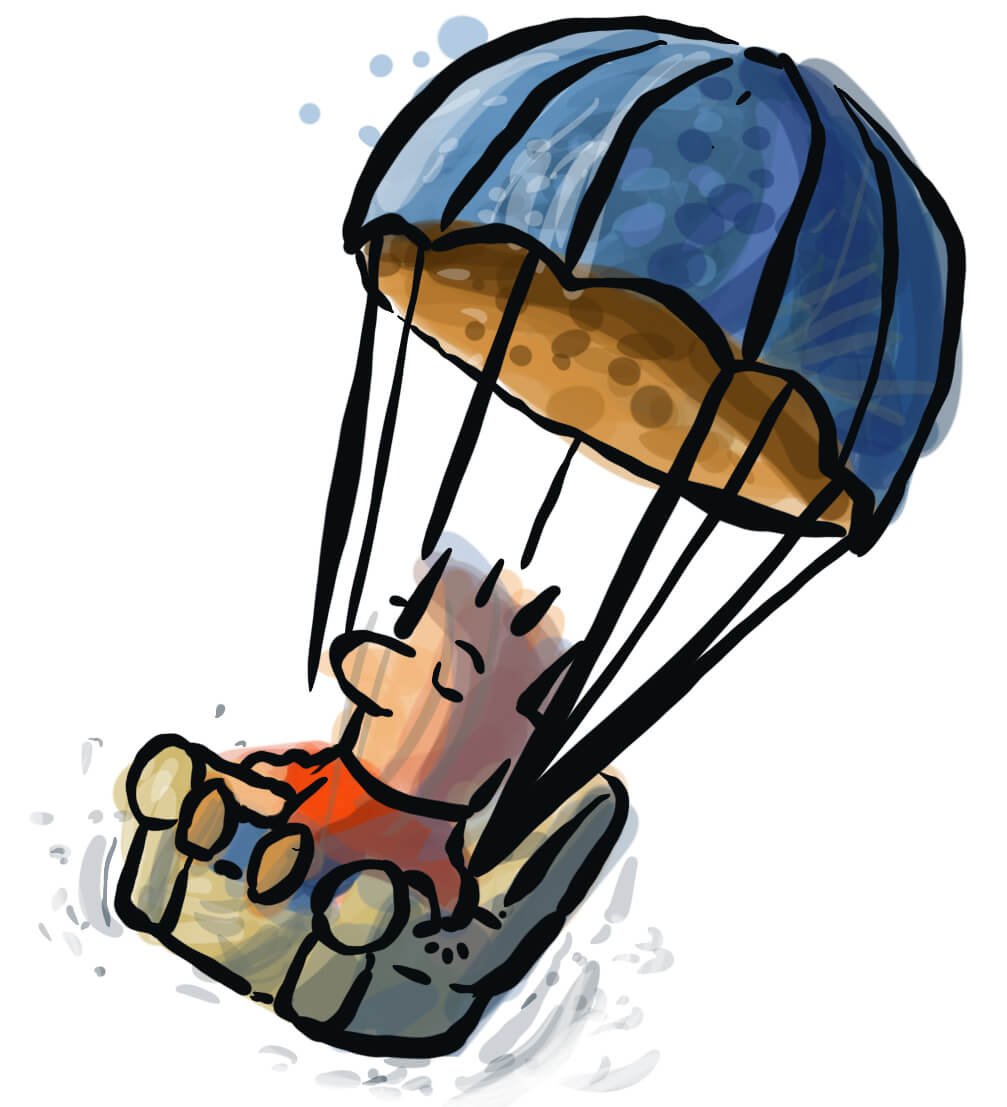 Do you have a problem with memory?
Do you have a problem with memory?
Do you feel less talented? The problem may be you have a lack of memory.
I was chatting with a client, and he told me how he needs to improve his drawing. “I always draw stick figures”, he said to me, “and somehow, I need to improve these drawings.” This strategy struck me as odd because I didn't see a problem with his stick figures.
The stick figures looked as good as they would always be, with little room for improvement. “You don't have a problem with stick figures,” I said. “You have a problem with memory!” My comment confused him because he was talking about drawing and learning to draw, but I was referring to “a lack of memory”.
What is this “memory” bit all about? And what is a lack of memory?
Let's find out.
Right click below to save this episode.
Rerelease: Why A “Lack Of Memory” Causes You To Be Less Talented In Life
Original: Why A “Lack Of Memory” Causes You To Be Less Talented In Life
What is a “lack of memory”?
Imagine you're great at cooking Italian food, and I ask you to make a bowl of simple Indian-style lemon rice. What's the first thing you'll do? You'd likely ask for a recipe. Then, you'd glance over the steps and proceed to follow them.
Whether we get a great result or not is immaterial. Instead, we've achieved a dish that was not conceivable just a little while ago. Before you had the recipe, you had no idea what you needed to do and hence had a “lack of memory”.
We seem to fall back on the idea that we're not talented—and never consider a “lack of memory”
We seem to suggest that others can do things we can't, but we're working off an empty database. Without a recipe, we can't build memory, and randomly drawing or writing doesn't necessarily push us forward.
We don't have any fairy godmother who will tap us gently on the head with a magic wand and give us that database.
It's why we have to stress this point of “lack of memory” when clients learn a skill.
Nowhere is this “lack of memory” more visible than on the cartooning course. In the course, people expect to learn to draw. Hence they start off their journey expecting that they will magically be able to draw somewhere along the way, or at least by the end of the course.
However, the problem with drawing is the same as with all learning—and that is that you don't have a memory.
Practising the stick figures you already know doesn't help.
Most people stop drawing at six years old and while still in school. Often, those stick figures are their only memory. It's also why most of us draw like six-year-olds. To improve your memory, you have to reference something.
If you look at most celebrated artists' work, they are not necessarily drawing from memory. When you look at the work of artists like Leonardo da Vinci, Raphael or Van Gogh, you see oodles of referencing and, yes, copying.
The greatest artists in history have started by copying before moving on to referencing. The reason why we don't reference or copy is because we were told time and again “not to copy”. All through your early years, there's one point that's drilled into you almost mercilessly. “Do not copy, do not copy, do not copy”.
What teachers and parents are referring to is the concept of plagiarism
It's a situation where you replicate someone else's work and call it your own. On the other hand, copying is the fastest way to learn anything, whether it be writing, drawing, or fixing a car. When you go through the stages of copying and referencing, you're building a memory of a situation.
This idea of building a memory doesn't apply to art alone
Let's say you're a salesperson in front of your first client. You have no memory of success or failure in the field. You prepare endlessly and give the client the exact information he needs. Inexplicably, the client brings up an objection that you can't counter.
You're flabbergasted and don't know what to do next. However, by the time a person has met with two or three hundred prospects, a memory has started to develop. Your memory not only allows you to counter the prospect's objection in a pleasing way but even sell the product solely based on the objections raised.
“A lack of memory” applies to every stage of learning
If someone does the cartooning course, they reach a certain point of skill. It's a fabulous place to be because you have developed your character, understand shapes, colour, contrast, and size and are even mistaken for a professional cartoonist.
At this point, if you stop, you'll continue to hover around the very same “set of memories”. You are still drawing exceedingly well, but there's a much greater chance of stagnation unless you develop more memories. People around you tell you you're outstanding, but your reference point doesn't budge unless you add to the memories.
Is it possible that someone is more talented than you?
Yes, it is. However, among the millions of people in your field, only a tiny percentage—possibly less than 1%—would have been skilled from a very early age. The rest, 99.5% of us, have all had to build our memory page by page, chapter by chapter.
Or, to put it another way, if you want to get better at drawing stick figures, you reference and copy stick figures. If you want to get better at drawing, dancing, writing, or any other skill, you're going to need a database.

Leave a Reply